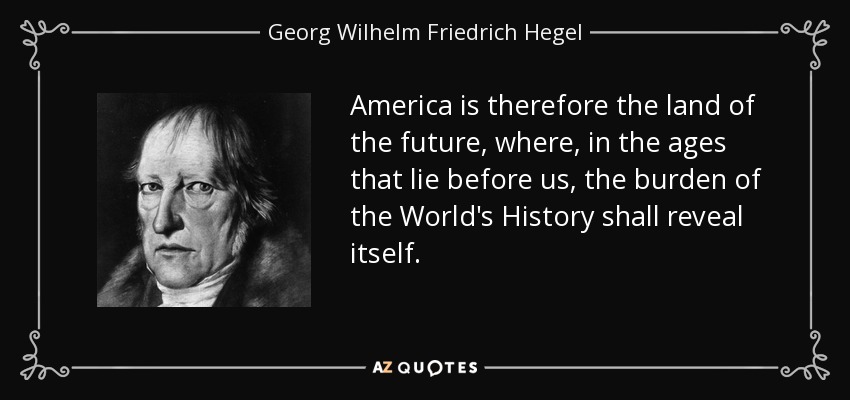The Administrative State’s German Roots

James Poulos is very fair-minded in his treatment of Paul Gottfried’s “mixed” review of John Marini’s new book. Gottfried wrote:
According to Marini, “contemporary ideology and politics become intelligible only with reference to a philosophy of history, which originated in the political thought of Kant and Hegel.” As someone who has written on both German philosophy and the administrative state, I am truly puzzled by this statement. Am I supposed to think that German philosophers, who failed to adopt Marini’s view of natural rights, brought about our runaway public administration? Some Progressives like John Dewey read Hegel (and also Kant) but did so selectively in order to confirm what they already believed about “democratic administration.”
Gottfried may have written about the administrative state, but what has he read? Can he really be unaware of the work and influence of leading Progressive thinkers like John Burgess, Richard Ely, Frank Goodnow, or Woodrow Wilson? These are the figures who laid the foundation for administrative government in the United States, and each was explicit about his debts to Hegel. Burgess and Goodnow helped to create the American Political Science Association, establishing the formal discipline of political science in the U.S. on German historicist principles. Each of them had enrolled at universities in Germany specifically to study with Hegelian scholars.
All this is explained in detail by Jaffa students like Charles Kesler and R.J. Pestritto. Perhaps Dr. Gottfried would be less puzzled if he paid more attention to the Claremont Institute “talking points” on this topic.
The American Mind presents a range of perspectives. Views are writers’ own and do not necessarily represent those of The Claremont Institute.
The American Mind is a publication of the Claremont Institute, a non-profit 501(c)(3) organization, dedicated to restoring the principles of the American Founding to their rightful, preeminent authority in our national life. Interested in supporting our work? Gifts to the Claremont Institute are tax-deductible.
Recovering statesmanship in an age of mediocrity.




